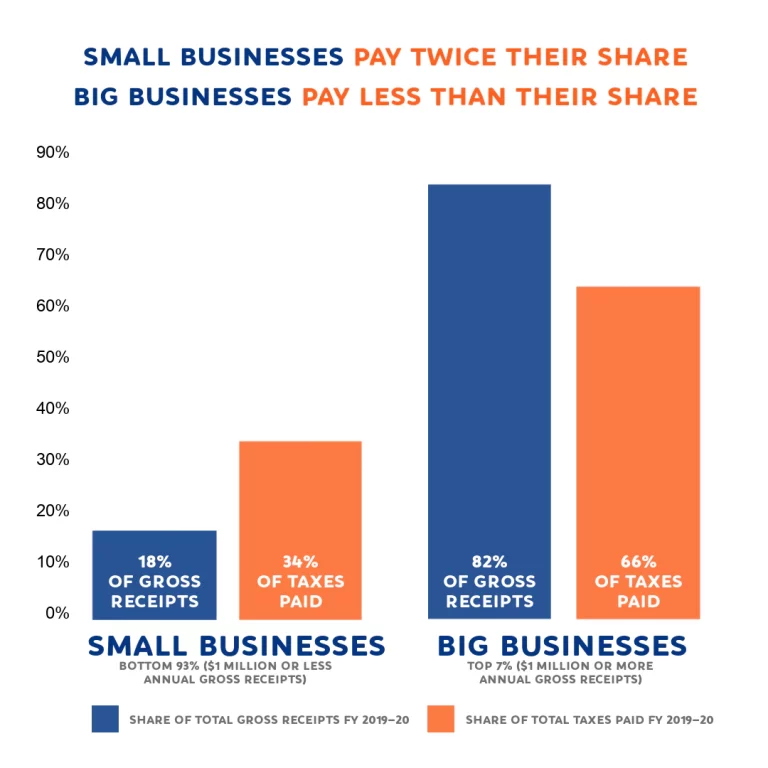I started this blog—and chose the name—several years ago while finishing my dissertation. My intent was to write about my research on the shrinking public sphere and the persistent narrative of scarcity that characterizes governance in the U.S. I called it “beyond austerity” because I thought most scholarship on austerity was simplistic and that we needed to think about austerity more broadly. How do communities, and societies, decide what is enough? What constitutes plenty, or luxury? What do we each really need to thrive as individuals? How does it happen that music or art become seen as frivolous, rather than necessities? How do discussions about taxes reflect profound differences in how people think about security and relationships? How do we each normalize the amount of eduction, or money, or clothing, or healthcare, that we are entitled to, or that we resent others having?
I began with an academic interest in how austerity is produced: who makes decisions about how to make do with less. Today, these questions are more pressing for me personally (being on a school board these days is all about implementing austerity). I decided to resurrect this site a few weeks ago because a job change gave me more time to write about how much our society reflects the weird combination of scarcity and plenty, and my own experiences observing how society is made up of so many invisible individual contributions—the “public” is so much more than government. And then the coronavirus pandemic took hold here in California.
The Bay Area is less than a week into a full-scale shutdown, and every public entity is bleeding revenue: bus systems, BART, bridges, and soon local and state tax systems as incomes drop and the impact of reduced consumption decimates sales taxes. The importance and fragility of our public sector have been thrown into stark relief, as have the web of individual actions that keep our private sector—our restaurants, bookstores, volunteer programs—alive.
How will this crisis make us think differently about what we each need to survive? About what, and who, is vital to a functioning society? About what is not necessary to keep our bodies alive, but is necessary for our spirit? And so for day one of this resurrection, I offer a possible answer to the latter:


